10 Rhetorical Questions To Create New Ideas For Learning
I’m not saying any of these ideas are good—or even the least bit viable. Or that they wouldn’t be detrimental. I’m just wondering what would happen.
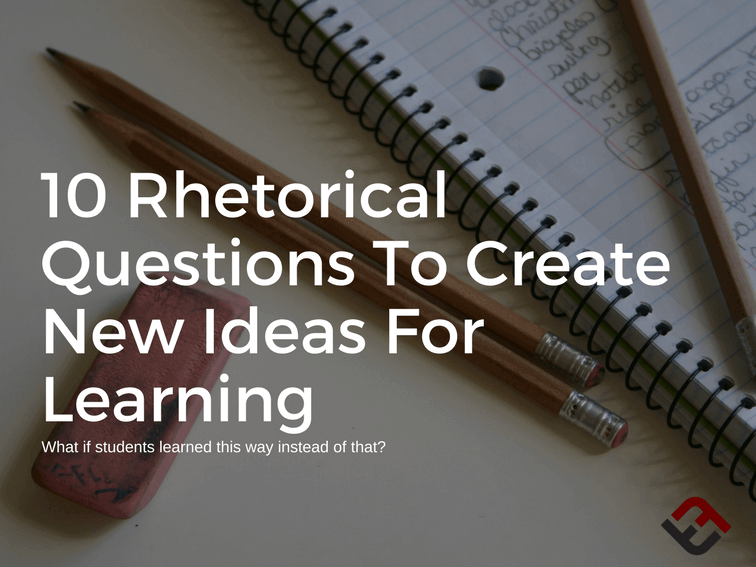
I’m not saying any of these ideas are good—or even the least bit viable. Or that they wouldn’t be detrimental. I’m just wondering what would happen.
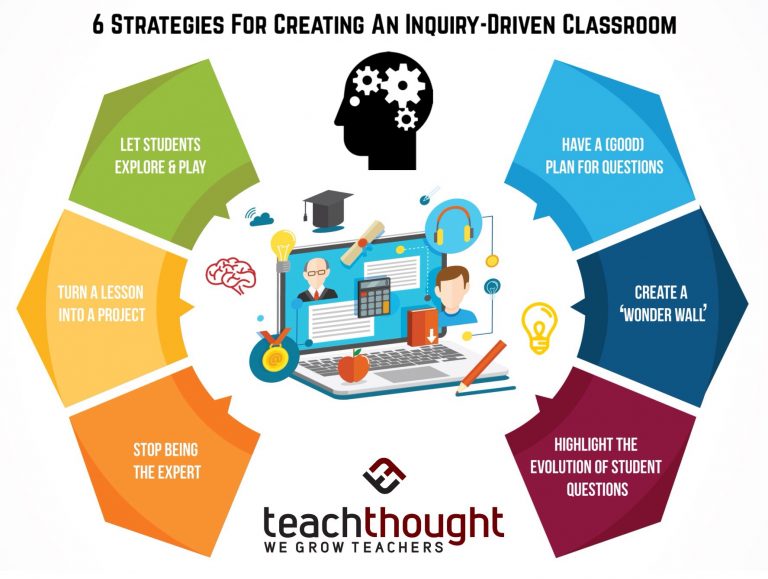
Curiosity is a powerful catalyst for learning and using inquiry-based learning can leverage potential. Here are 6 strategies for your classroom.
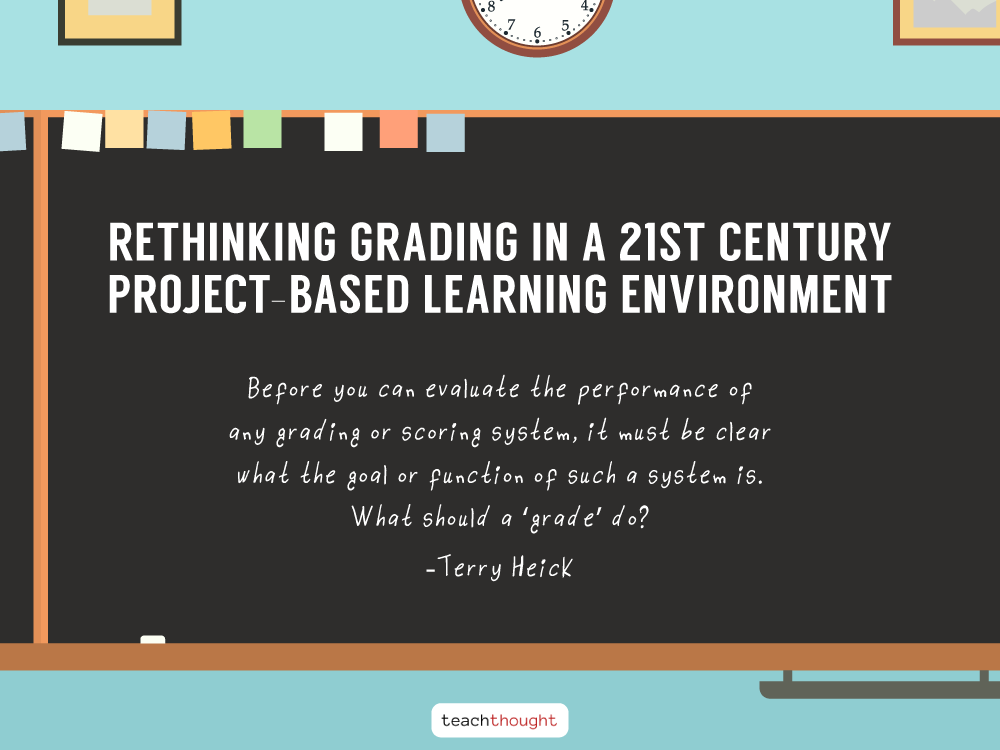
Rethinking grading in project-based learning can support students by clarifying complexity and rewarding nuance of understanding.
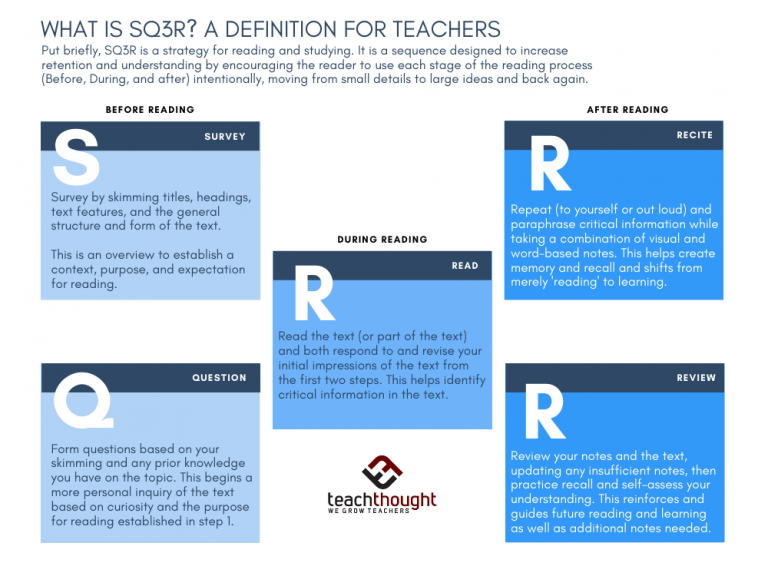
SQ3R stands for Survey, Question, Read, Recite, and Review. It is a study strategy for students designed to increase engagement and retention of a text.

A good school decenters itself–makes its curriculum, policies, and other ‘pieces’ less visible than students and hope and growth.
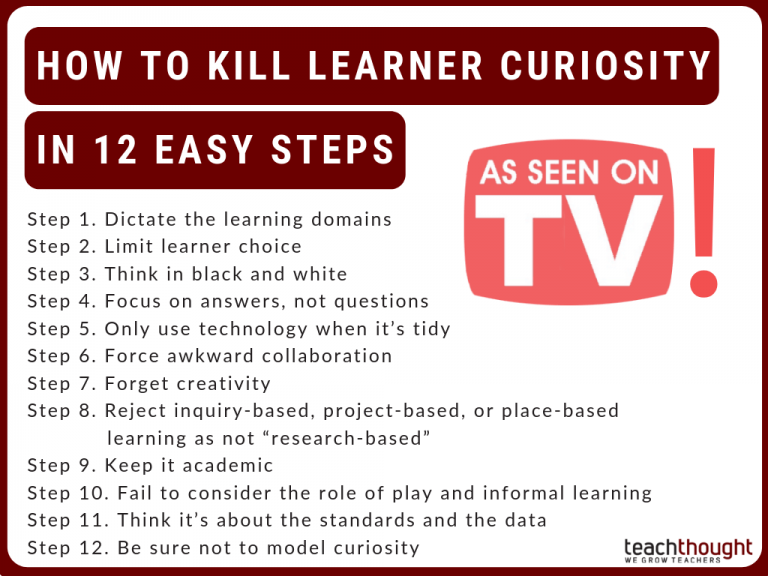
Killing a learner’s natural curiosity doesn’t happen overnight. It can take as long as 12 years, and in rare cases that isn’t long enough.
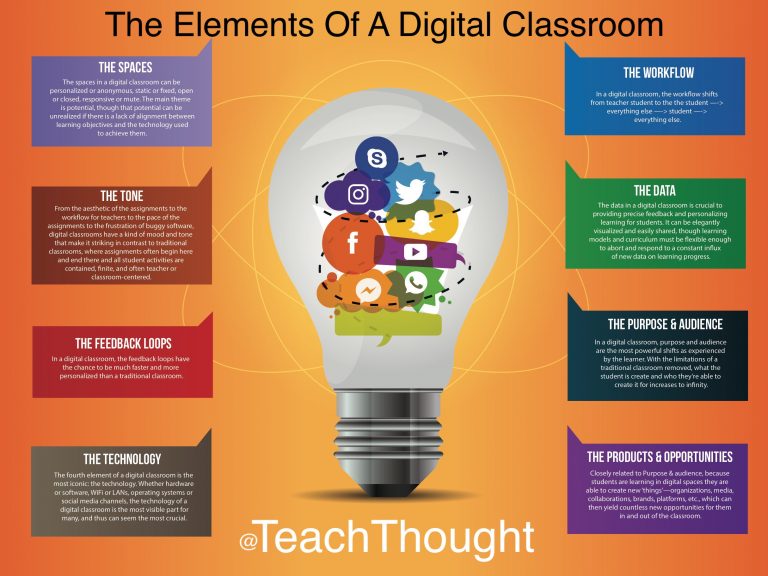
In a digital classroom, teachers can become worried that no ‘real learning’ is happening or that they’ve somehow failed to plan sufficiently.
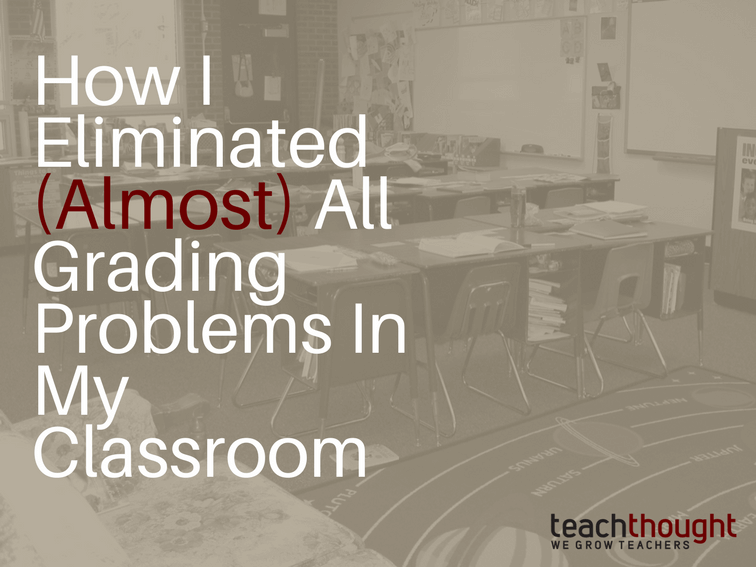
Grading problems still surfaced, but with a system in place, it was easier to identify what went wrong and communicate why to students.
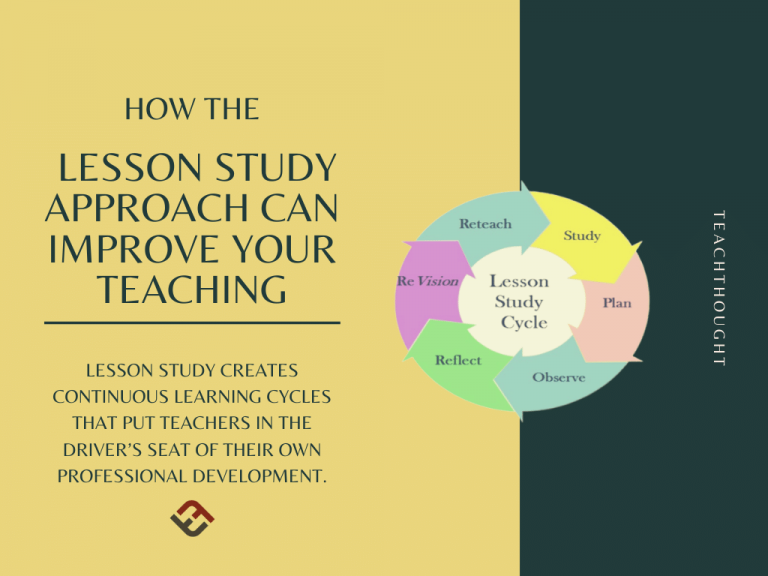
Lesson study is not about discovering the one right way to teach a lesson but about building knowledge of many teaching models and strategies.

To get the best work from a student, they need to create their own standards for quality academic work–ideally alongside you, as a teacher.
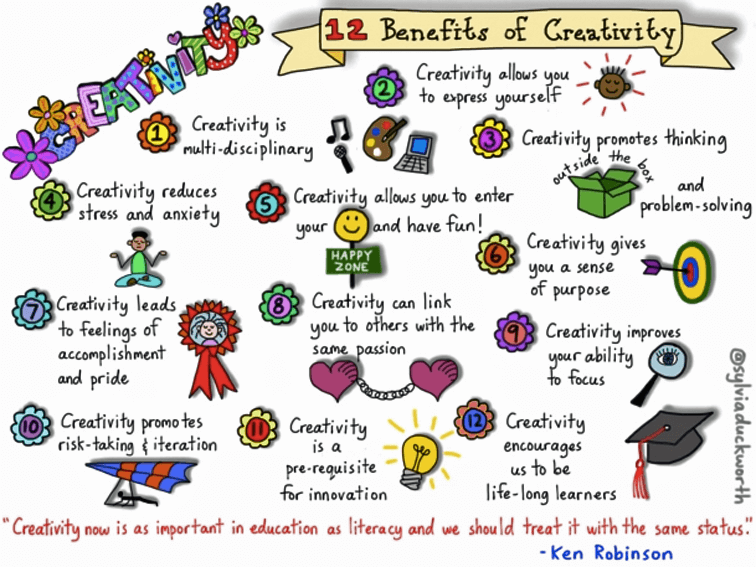
Creativity in the classroom is another form of play, and play is universally important to each individual’s sense of joy and well-being.
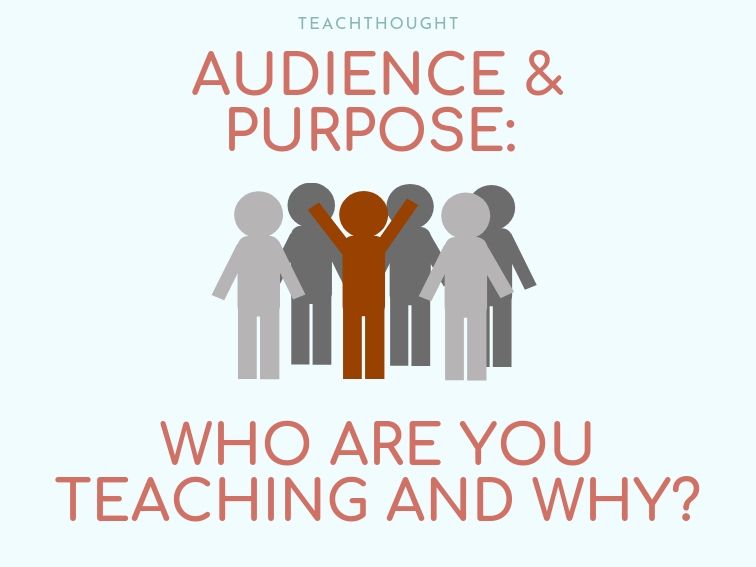
Audience and purpose are elemental. They have to come first or none of it makes any sense. Who are you teaching, and why? Who exactly, and why exactly?
End of content
End of content